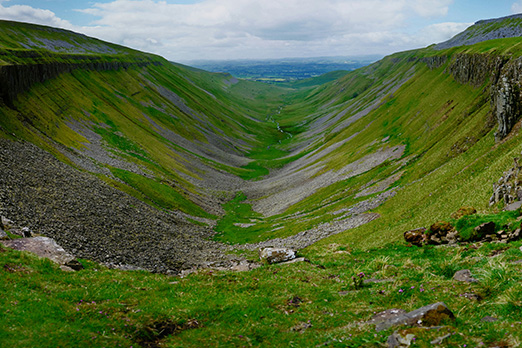Metal-tolerant grasses to limit mine run-off
The next phase of a project to limit heavy metals polluting County Durham, UK, has started this week after a reportedly successful trial.

Two hectares of vegetation plots above Middleton-in-Teesdale have been created to limit heavy metals being washed out from abandoned mine sites next to Eggleshope Beck and Mark Beck, both tributaries of the River Tees.
By encouraging new plants, less rain water will filter into the mine waste and reduce erosion, and therefore the amount of heavy metals washed out.
The collaborators say it will also boost biodiversity by creating a rare calaminarian grassland habitat - the unusual metal-tolerant plants are distinctive to the North Pennines.
Work on the project is estimated to continue throughout the summer and is being delivered as part of the North Pennines National Landscape Tees Swale: Naturally Connected programme, which aims to restore, expand and connect habitats and is funded primarily by The National Lottery Heritage Fund.
It is led by the Yorkshire Dales Rivers Trust and the Water and Abandoned Metal Mines (WAMM) programme, working with the Tees Rivers Trust. Match funding is from the WAMM programme, a partnership between the Environment Agency, the Coal Authority and the Department for Environment, Food and Rural Affairs.
The organisations conducted pilot vegetation work across former mine sites at the end of last year.







